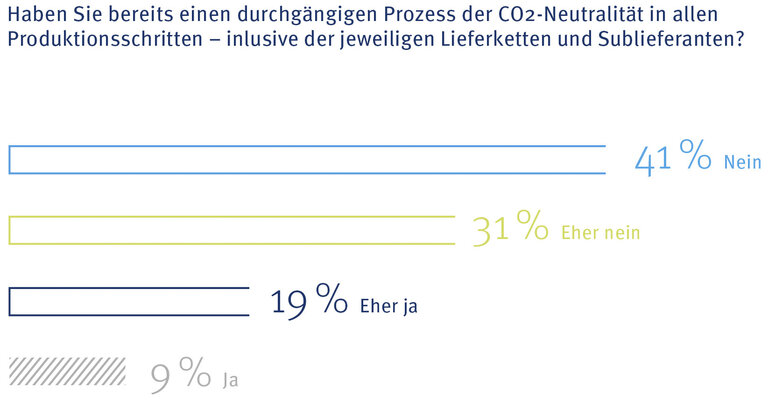Stuttgart, February 6, 2020. Real estate managers from companies in the industrial sector, 210 in total, took part in the survey conducted by the Stuttgart-based planning and consulting company Drees & Sommer SE. More than half of the respondents manage portfolios comprising more than one million square meters. 90 percent work for companies based in Germany and 10 percent for Swiss companies.
For two out of three participants, real estate management is now centrally organized. Thomas Häusser, Partner at Drees & Sommer SE, who is responsible for many projects in the Real Estate Consulting division, is generally positive about this: ‘Any industrial company that centralizes the management of all properties, land and associated budgets creates the basis for business-oriented management in relation to real estate as well. The core business can benefit considerably from this approach.’
Focus on the Future Instead of Uneconomical Capital Commitment
According to the Drees & Sommer Partner, knowing exactly how marketable the entire portfolio actually is, and the extent to which it can be transformed, places management in a better position to reduce maintenance backlogs and build up a digital infrastructure wisely, use freed-up space for new business areas, or sell it at a profit. The proceeds could be invested in innovative buildings and production halls. These facilities would not only be up to standard for digital processes and Industry 4.0, but also for climate protection and conservation of resources.
Raising the Status of Real Estate Management
The survey found that almost three quarters of managers responsible for real estate already have to deal with these and other measures, including optimization. The survey also indicates that if they want to pursue innovative approaches in real estate management, three quarters currently encounter resistance from management.
This could be due in part to the low status of real estate management in industrial companies, which is also reflected in organizational terms, suggested Veronika Deuser, Senior Project Partner at Drees & Sommer.
While in one out of every three firms the organization of real estate is assigned to the finance area and, in one in four cases, to the production area, 36 percent of respondents state that they belong to other corporate areas.
‘For the overall success of the business, it is increasingly important that a company has an optimized, flexible real estate portfolio and a strong and effective real estate management, holding the appropriate responsibilities and rights. Ideally, it should be positioned in as neutral a business unit as possible within the company,’ believes the expert on real estate management, and organizational and process consulting.
Efficiency as the Main Driver for Digital Properties in Industry
According to the respondents, one in four companies invests more than five percent of revenue in digital transformation. Almost half of the enterprises hope that smart buildings and facilities will lead, above all, to more efficient processes and a boost to operational efficiency. 28 percent see in it an opportunity for cost cutting. For one in five companies, increased user demands are the main incentive to digitalize their properties.
However, one quarter are concerned that smart properties have low cyber security, making them vulnerable to hacker attacks. Another 25 percent consider the high cost of technology and the associated maintenance to be problematic. The lack of uniform standards is seen by 17 percent as a major risk.
Sustainability as a Yardstick for Business Success
In recent years, many industrial companies have begun to rethink their approach: away from pure profit maximization and towards a more active role in relation to the environment and society. For example, two thirds of those surveyed stated that their company already has a strategy for becoming CO2-neutral.
However, 72 percent of those responsible for real estate admit that they have not yet defined an end-to-end process that ensures CO2 neutrality in all production steps with all the relevant supply chains and suppliers.
‘Considerable savings potential still lies dormant, particularly in the portfolios and properties of industrial companies, in their technical infrastructure and production processes,’ summarized Thomas Häusser.
